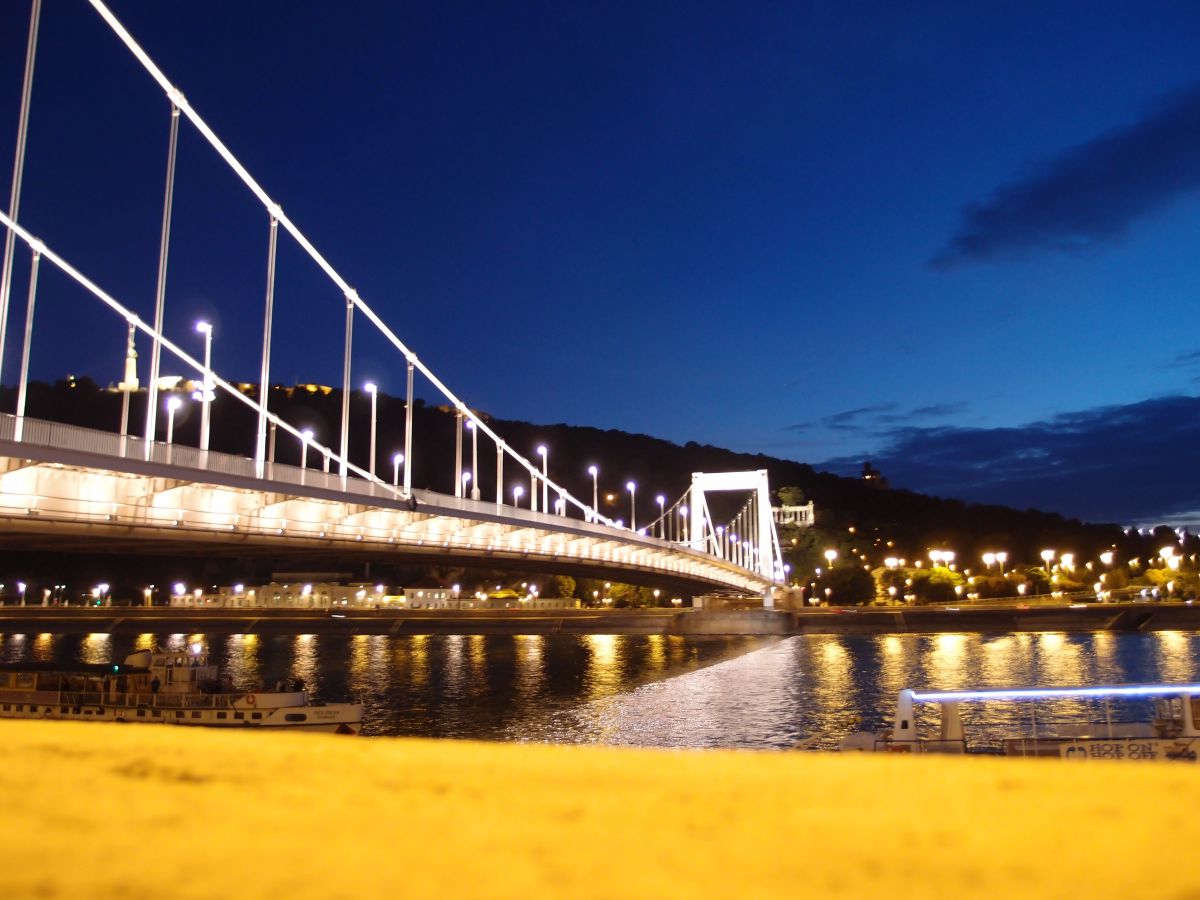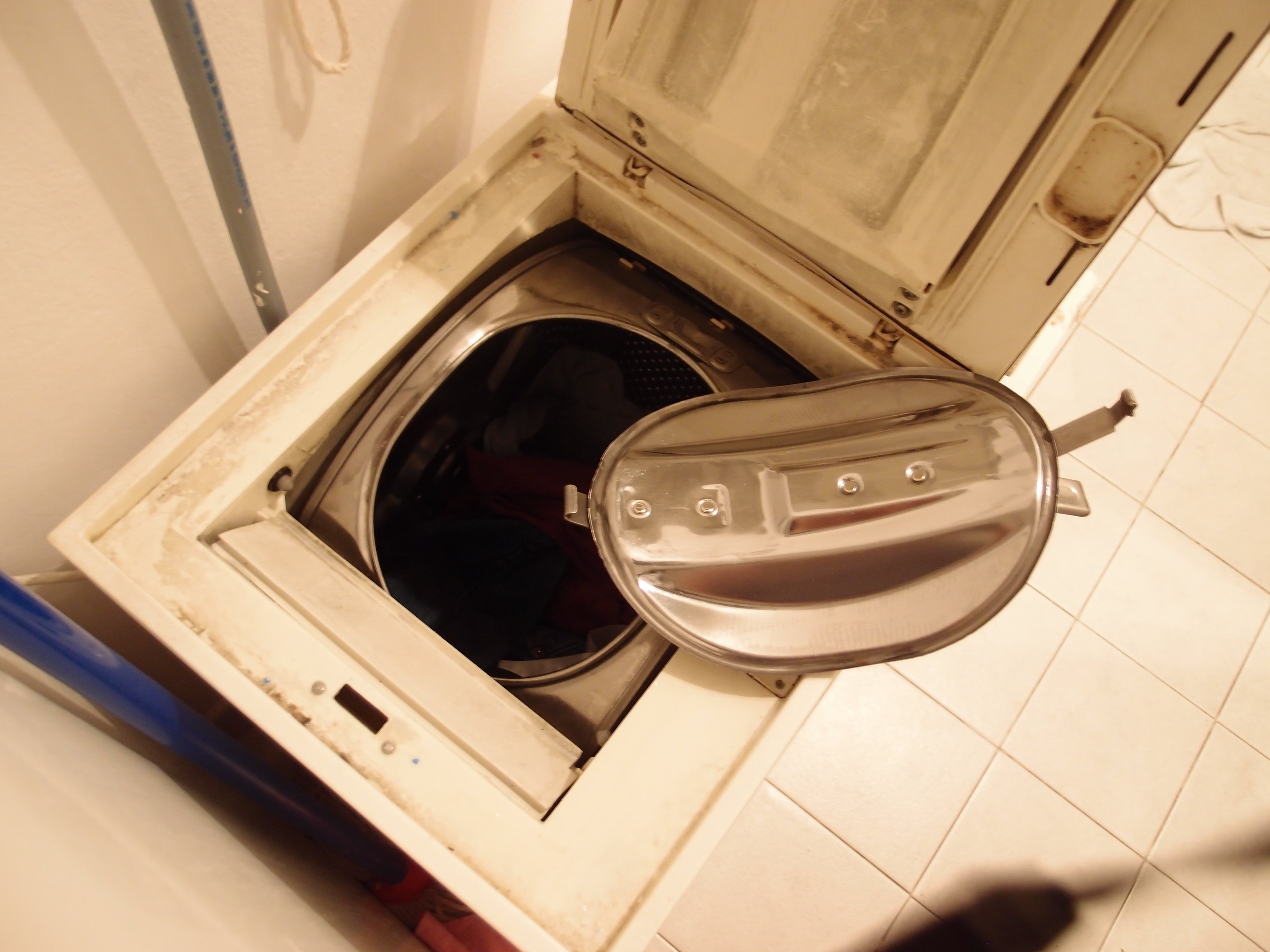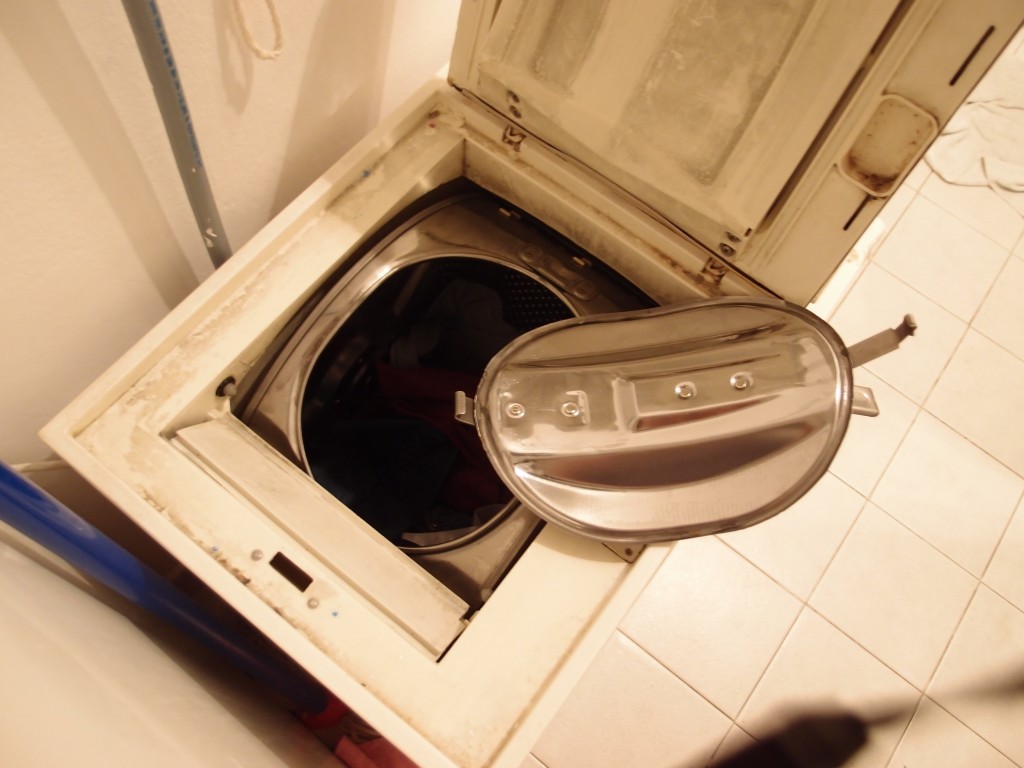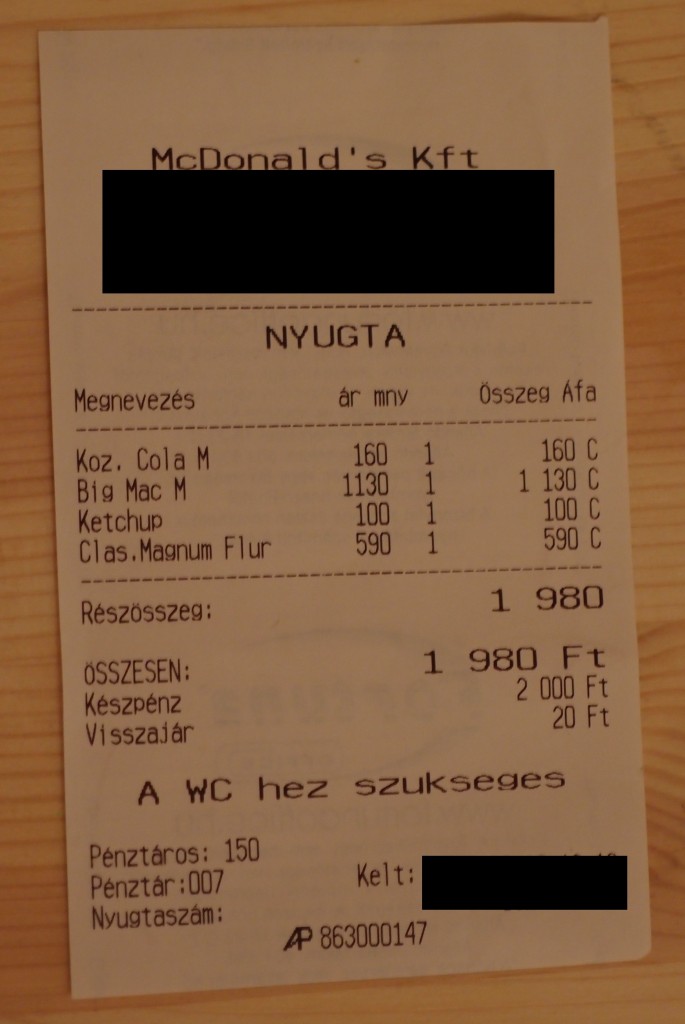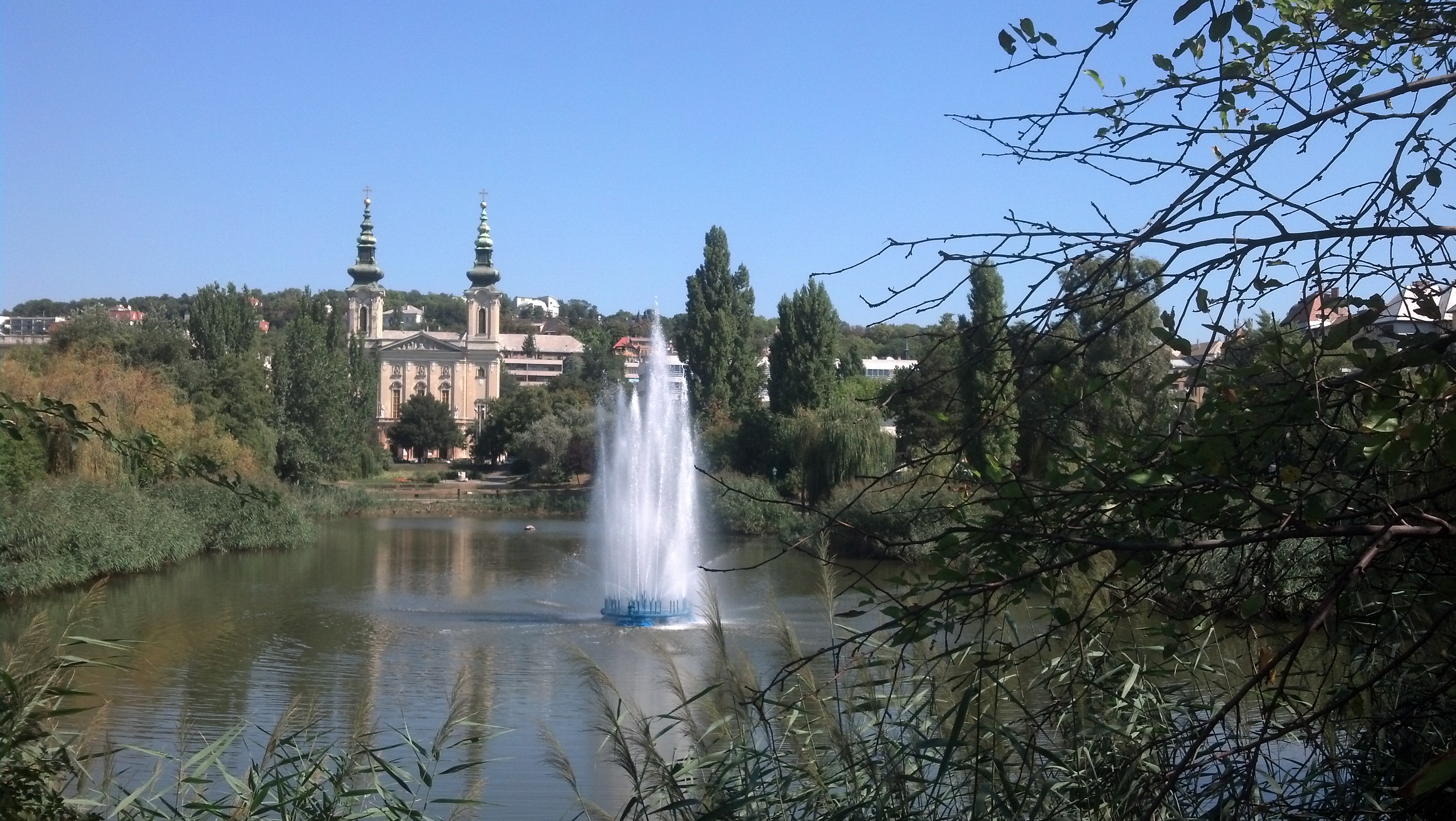It’s been quite a while since my last post, here’s a quick update on the courses I ended up taking:
- Combinatorial Optimization. Taught by an Operations Research professor, this course concentrates on solving graph theory-based problems using algorithms. This is an interesting mix for me as a computer science and mathematics double major — I’ve seen many of the algorithms before, but never seen the proofs of why they are correct. Likewise, I’ve seen many of the proofs for graph theoretic results before, but never seen the algorithms used to obtain these results. It’s one thing to prove certain objects exist, it’s quite another thing to find those objects! This interchanging of algorithms and proofs makes this course one of my favorites (and most challenging).
- Game Theory. My only applied mathematics course, Game Theory attempts to model conflicts in the real world through mathematics. While most Game Theory courses concentrate on 2×2 simultaneous move games and culminate with Nash’s equilibrium theorem, this course attempts to build up the tools for game theory in general by making multiple passes through the material. We are currently starting our third pass and are defining things such as a Rational Player through mathematics (a preorder, in fact), which I find very interesting. More on Hungarian teaching styles soon!
- Mathematical Logic. While many people think of truth tables and Boolean circuits when they hear of logic, this course is more like the intersection between abstract algebra and computability theory. Highlights of this course include Godel’s Completeness and Incompleteness Theorems, primitive recursion, and a look into second order logic.
- Mathematical Problem Solving (Audit). This course is offered as a problem solving course much less abstract than Conjecture and Proof (only really needing highschool math), but no less difficult. I didn’t originally plan on taking this course at all, but several friends told me it was their favorite and persuaded me to sit in on a few lectures. The professor is indescribably good at lecturing, I highly highly recommend any future BSM students to at least try MPS.
- Set Theory. Starting with the fundamental idea of “what really is a collection of objects?”, Set Theory begins with the classic naïve approach, examines some axioms such as the Zorn Lemma and Axiom of Choice, proves results in applications such as vector spaces and graphs, then dives into an axiomatic version of set theory as a response to Russell’s Paradox. Perhaps one of the easier courses I’m taking, it’s nonetheless incredibly enlightening to examine the very building blocks of higher level mathematics, especially when taking it in parallel with Logic.
- Hungarian Art and Culture. As one of the five or so humanities courses offered to BSM students, Culture is definitely worthwhile. Every week we examine a new facet of Hungarian culture such as music, politics, social issues, etc. We’ve also had the opportunity to attend a guided tour of the Hungarian National Gallery and next weekend will attend a play in the National Theater. I definitely recommend the course to anyone looking for a taste of Hungarian culture beyond what you will learn by just living here.
I will be updating this blog much more often now. Upcoming posts include a look into the mathematics culture here, how my lifestyle has adjusted, and a peek into the life of famous Hungarian war photographer Robert Capa!

